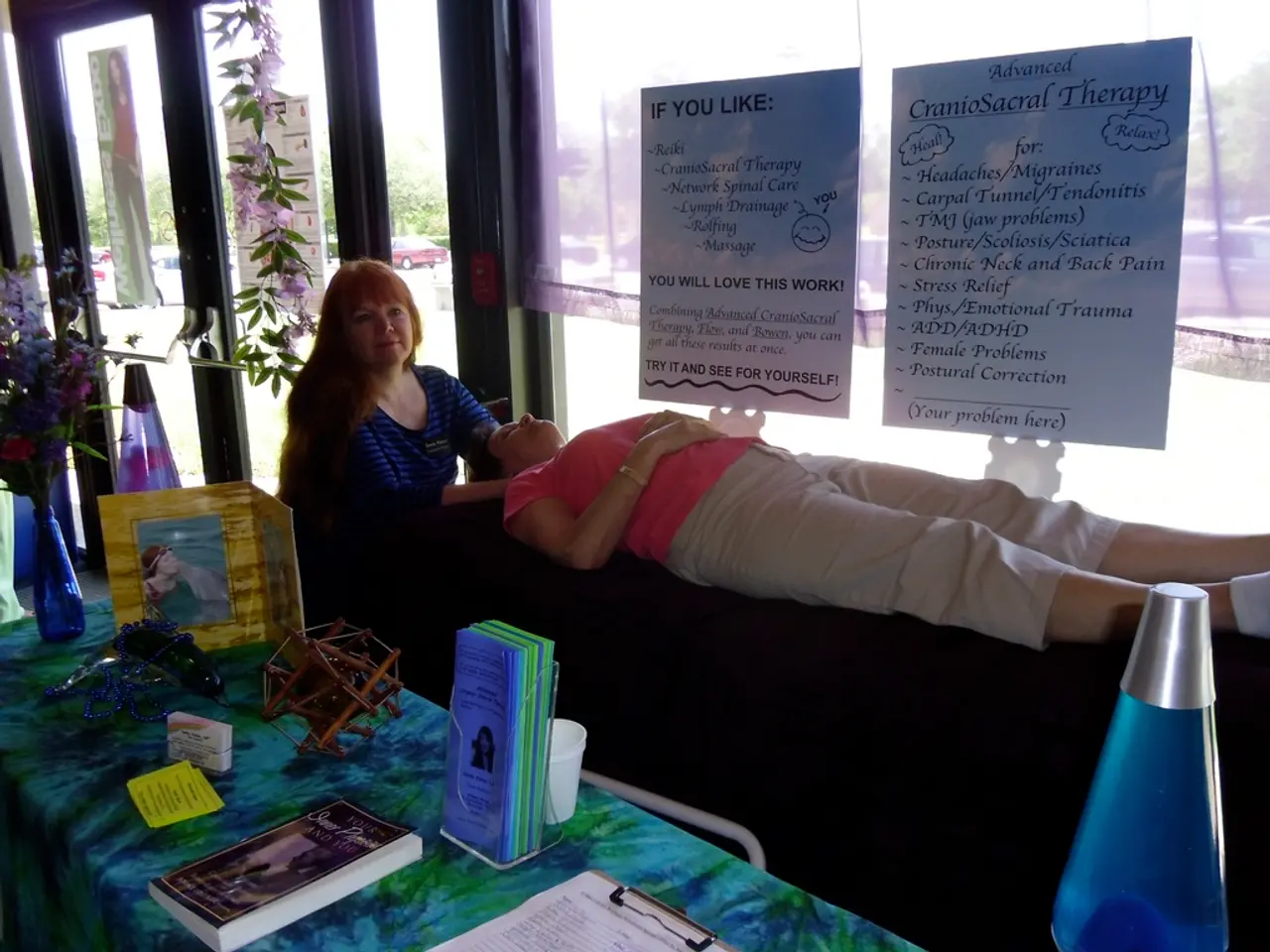Impact of Complex Post-Traumatic Stress Disorder (CPTSD) on Personal Connections
Complex Post-Traumatic Stress Disorder (CPTSD) is a condition that may develop after enduring trauma for months or years. This disorder can result in significant behavioral, emotional, cognitive, and interpersonal changes.
CPTSD can be triggered by various types of traumatic events, such as captivity, childhood neglect, living in a war zone, long-term combat situations, and repeated physical, emotional, or sexual abuse. Women are more likely than men to be diagnosed with CPTSD. Aside from prolonged trauma, other risk factors include a family history of mental illness, a previous mental health condition, temperament, lifestyle factors, and the brain's ability to regulate stress.
If a partner is in active treatment, supporting them as they learn coping strategies and new behaviors can be beneficial. Learning coping techniques, such as deep breathing exercises or going for a walk together, can help support a partner during triggered moments or flashbacks. Acknowledging a partner's emotions and holding space for them can make them feel supported and heard.
Psychotherapy, including cognitive behavioral therapy (CBT), prolonged exposure (PE) therapy, cognitive reprocessing therapy (CPT), and dialectical behavioral therapy (DBT), have been recommended for the treatment of CPTSD. Medication, such as antidepressants like Zoloft, Paxil, and Prozac, may also be used to treat and reduce the symptoms of CPTSD.
Support groups, such as those offered by the CPTSD Foundation and the National Alliance on Mental Illness (NAMI), can provide validation and support to individuals and their loved ones. The CPTSD Foundation is an organization dedicated to providing support and resources for individuals living with Complex Post-Traumatic Stress Disorder, offering educational materials, community support, and guidance for coping and recovery.
CPTSD can impact relationships by leading to a negative self-image, emotional dysregulation, impulsive behavior, lowered stress tolerance, memory issues, personality changes, substance use, the inability to trust or interpret the actions of others, and a fear of abandonment. Recognizing one's worth and trying to accept the difficult things that have occurred in the past with a partner can help move forward towards a better future.
Establishing boundaries and practicing regular self-care is important for those who are caring for a partner with any mental health condition. Depersonalizing conflict and remembering not to take things personally can help navigate difficult situations when living with a partner who has CPTSD. Healing is possible for those living with complex PTSD. A nurturing and healthy relationship is possible with hard work and dedication from both parties. Self-care techniques, such as sleeping adequately, eating a balanced diet, practicing creative hobbies, exercising, and meditating, may help reduce stress and emotional reactivity in individuals with CPTSD.
In a 2019 research study, CPTSD was prevalent in a significant portion of the U.S. population. If you or someone you know is struggling with CPTSD, it's important to seek help and support. Reach out to a mental health professional, support group, or the CPTSD Foundation for guidance and resources.








